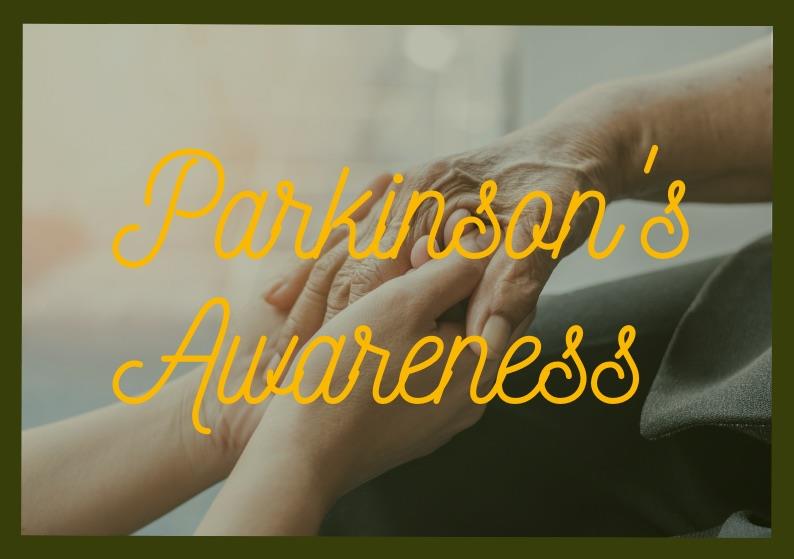April marks #ParkinsonsAwarenessMonth – and at Huntington and Langham Estate, we’re proud to offer Parkinson’s therapy to those in our community that require it.
Last year, we were delighted to have the opportunity to partner with Parkinson’s UK to produce an insightful article series about Parkinson’s Disease, helping to raise awareness of the impacts it can have on the lives of those affected.

From raising awareness of important warning signs to offering top tips on coping mechanisms, our article takes a holistic perspective on the condition. Whether or not you’re affected by Parkinson’s, we hope that this article will offer you some consolation and/or give you a better understanding.
So, without further ado, here are some highlights from our Parkinson’s UK collaboration:
What is Parkinson’s?
Parkinson’s is a progressive neurological condition for which there is currently no cure. It’s the fastest-growing neurological condition in the world, and currently, around 145,000 people are living with Parkinson’s in the UK.
Some of the less well-known symptoms include:
– Stress and anxiety
– Chronic pain and fatigue
– Loss of smell
– Changes in digestion or sleep.
How Can Parkinson’s Affect Day-to-Day Life?
There is no ‘typical day’ with Parkinson’s. It is a fluctuating condition, so it can change day-to-day or for some people, hour-to-hour. Because of the range of symptoms involved in Parkinson’s, it also impacts everyone with the condition differently.
With medication and small adjustments, some people can maintain the same standard of life they had before diagnosis for a long time. However, for some people the effects on their daily life will be considerable, for example including pain, not being able to sleep, anxiety and even being unable to move at all for short periods (freezing).
As Parkinson’s is a degenerative condition, people will see their symptoms become worse over time and respond less to medication. This means the impact on daily life will be more noticeable, and ultimately many people will eventually need regular support from health and care professionals.
What are People’s Biggest Misconceptions About Living With Parkinson’s?
There are many misconceptions about Parkinson’s; one of the main ones being that people can no longer achieve what they used to. However, with the right support (i.e. physiotherapists, speech and language therapy), many can continue living their lives independently, meaningful, enriched and as safe as possible.
Care and support from a family member are invaluable. They know you better than anyone else; your likes and dislikes, and parts of their personality that they may not reveal to anyone else.
They’re likely to trust you more than anyone else they know, so take care to listen wholeheartedly. Often, people with Parkinson’s will open up to their trusted loved ones rather than anyone else.
How has Parkinson’s research developed? Is a cure looking likely?
As a charity, we want to develop better treatments and a cure for Parkinson’s in the shortest possible time frame. In the past 50 years, vital discoveries have been made that have revolutionised our understanding of Parkinson’s and the brain.
Now, thanks to this progress, breakthrough new treatments are being tested in clinical trials that have the potential to slow, stop or even reverse Parkinson’s. The more we are able to invest in developing these new and better treatments, the faster we’ll get there. Given the right investment, we believe improved treatments are possible in years rather than decades. This year, we will be launching our new strategy and as part of that, we hope that we can deliver a breakthrough treatment by 2024.
At Huntington and Langham Estate, we’re huge advocates of The Butterfly Model, and it takes precedence in our approach to care. Taking a holistic viewpoint, the model focuses on each individual as a whole, and puts ‘Feelings Matter Most’ at the centre of its ethos.
To read our full collaboration with Parkinson’s UK, click the links below.
– Understanding Parkinson’s – Part 1
– Understanding Parkinson’s – Part 2
Alternatively, if you would like to contact a member of our team to find out how we can help you, just visit the ‘Contact’ page on our website.

